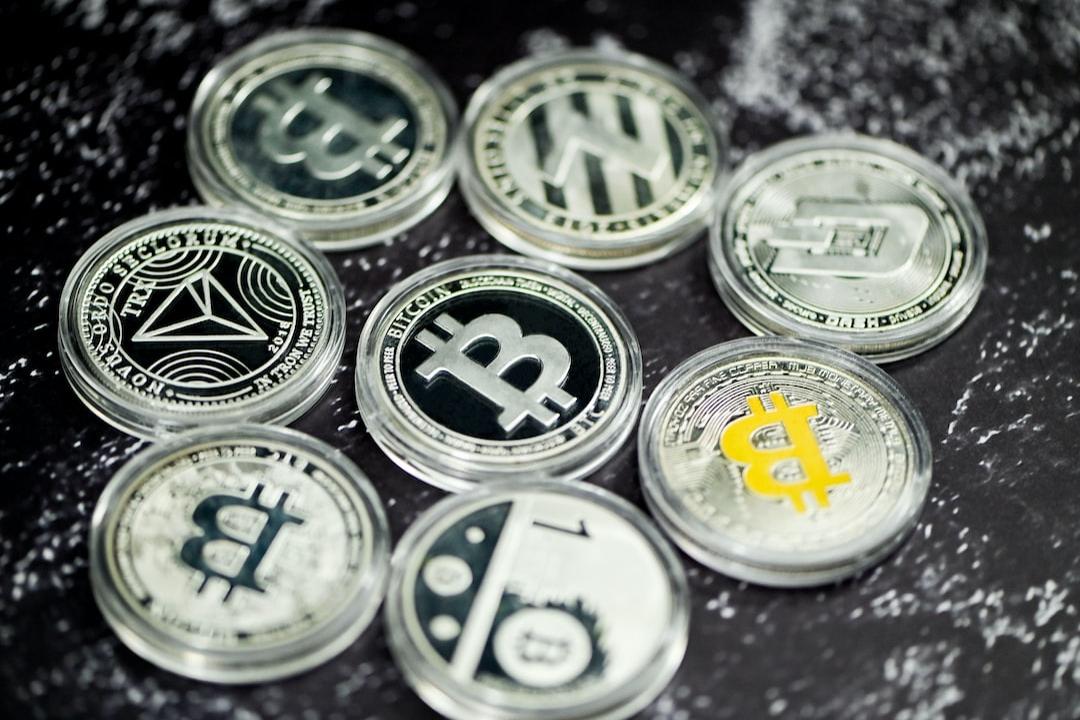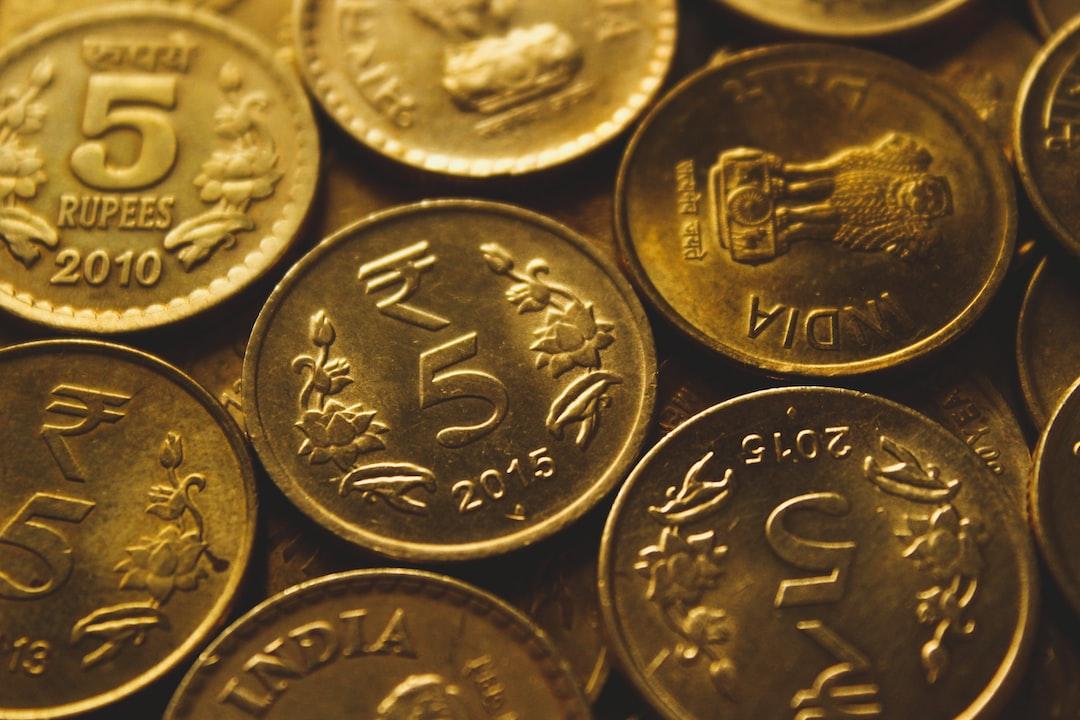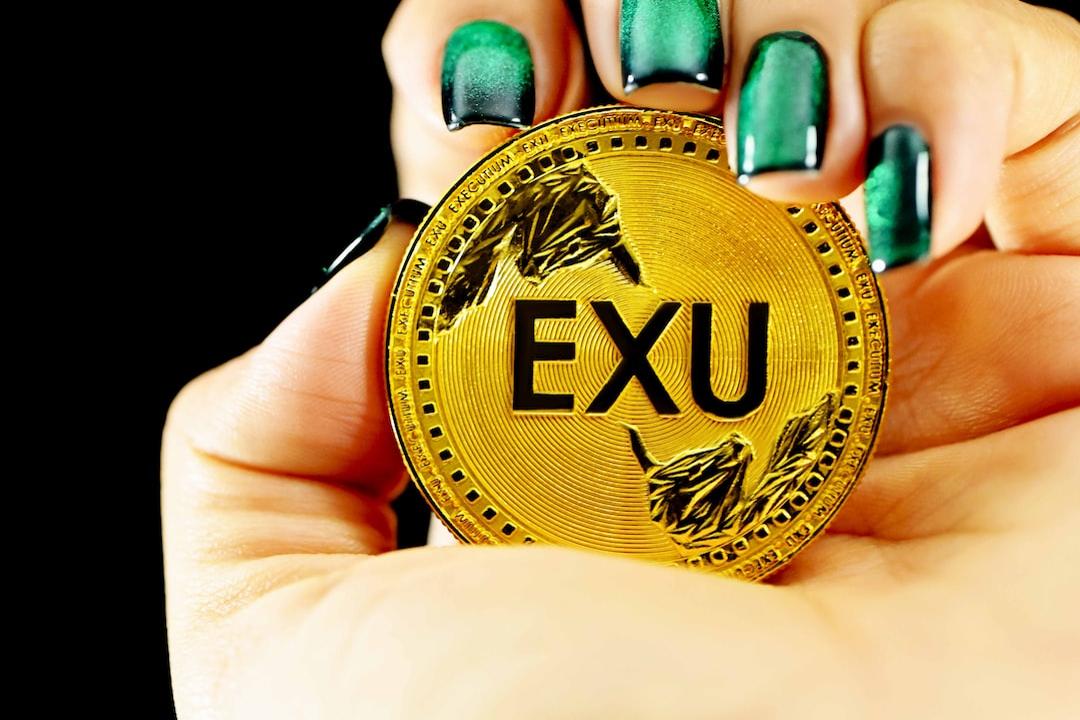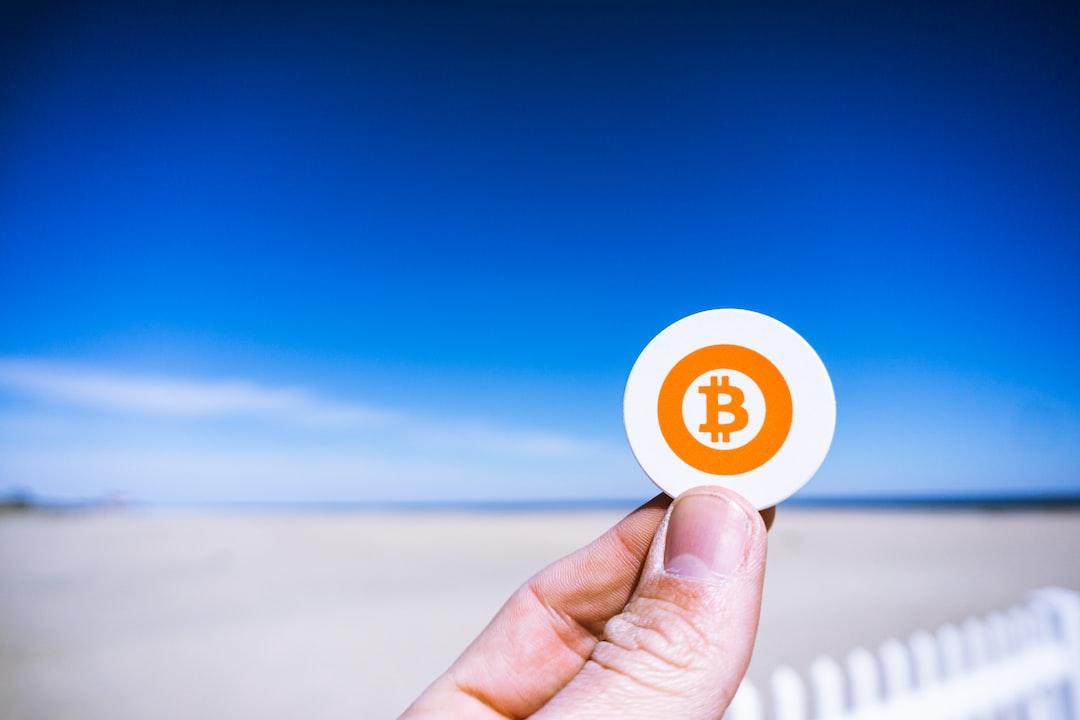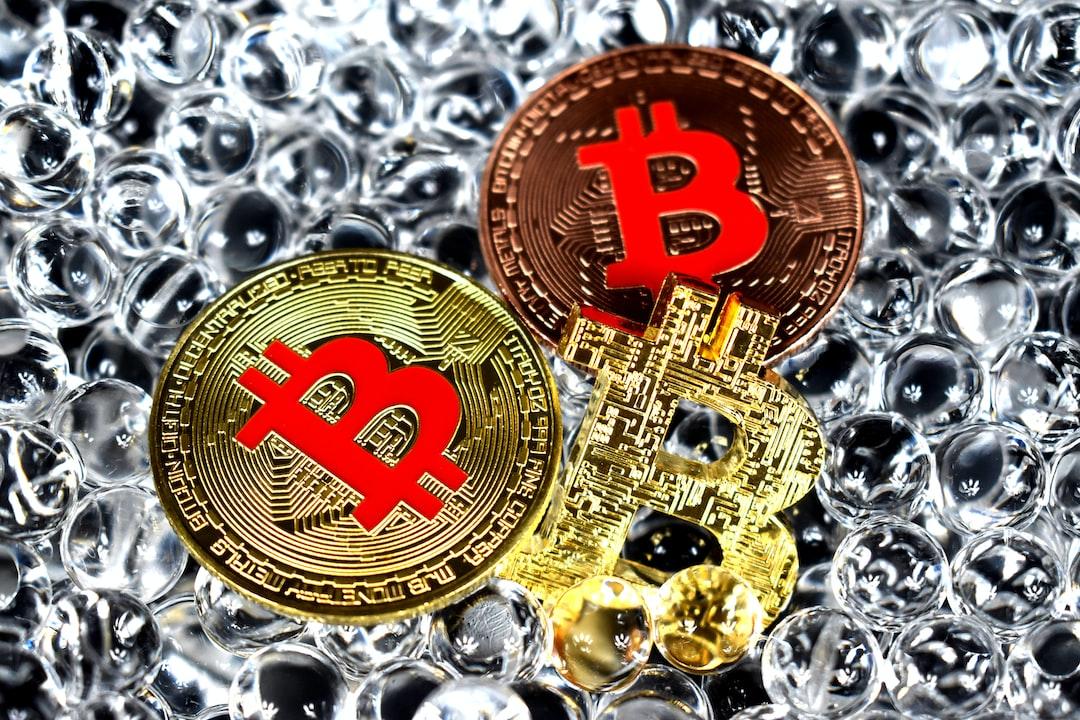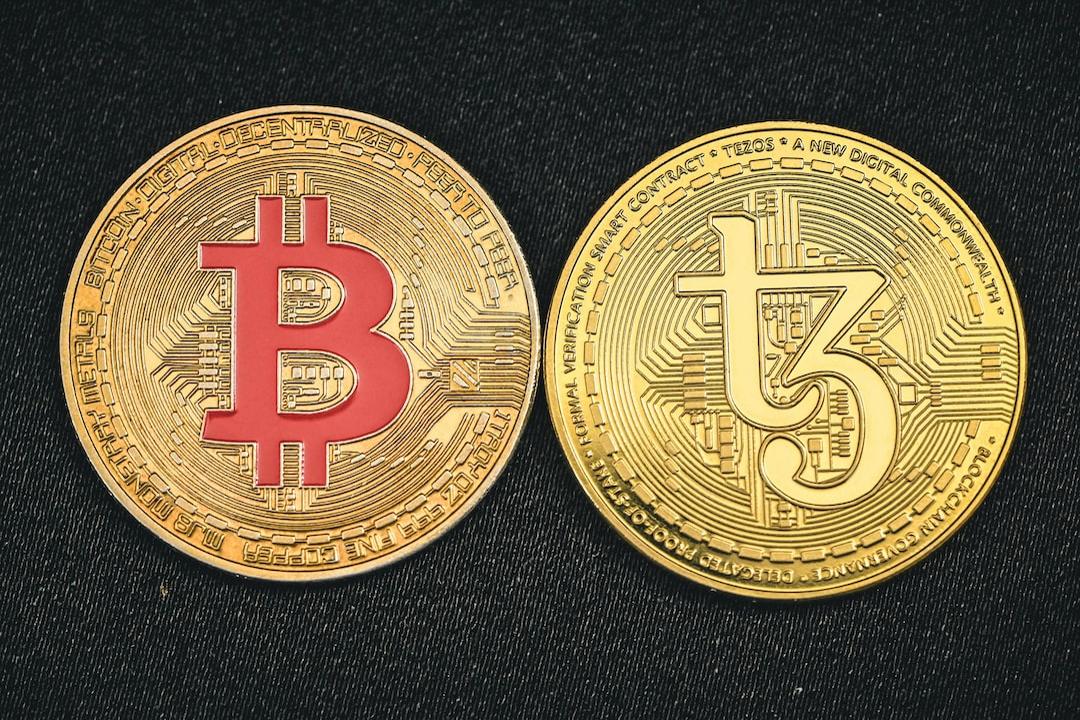
What is the most perilous NFT scam to be cautious of in 2023?
If you’re not particularly interested in NFTs, you may have reservations about investing in them in 2023. And it’s understandable – just take a look at the current state of the NFT market or the crypto market (as the success of the NFT market is often tied to the crypto market and blockchain technology) to see how challenging these times and this bear market can be.
However, it’s worth considering one thing: the wealthiest individuals in the world always recommend investing during difficult times.
If you want to put the wisdom of the wealthiest people into practice and truly believe in the power of NFTs, it’s crucial to know how to avoid falling victim to NFT scams, as there are many bad actors out there who want to take your money.
That’s why in this article, we will delve into NFT scams, exploring common NFT scams and the most dangerous ones in 2023, to help you make informed decisions and avoid losing your hard-earned money.
What exactly is an NFT scam?
An NFT scam refers to any fraudulent or misleading activity related to Non-Fungible Tokens (NFTs) that is carried out to gain an unfair advantage, often involving money. This category also includes NFTs that do not represent ownership or proof of authenticity of a unique item or piece of content – principles that are fundamental to NFTs.
The market for NFT scams has grown significantly as NFTs have become more popular and widely traded. Once NFTs gained popularity, more and more scammers emerged, using various methods to steal money, some of which are more creative than others. In fact, a survey conducted by PrivacyHQ found that since NFTs became popular, nine out of ten respondents claimed to have experienced an NFT scam.
NFT scams can take on various forms, but their main goal is to deceive or defraud individuals in the NFT marketplace.
Common NFT scams in 2023
1. Rug-Pull Scams
Rug-pull scams are well-known and frequently used scams in the crypto and NFT industry. In this type of scam, individuals promote an NFT as something valuable, attracting investments from people, and then suddenly disappear. These scammers often use social media platforms to gain people’s trust and create excitement around the NFT. Once they have collected enough money, they shut down the project and take all the funds.
In a different type of rug-pull scam, the scammers alter the NFT code in a way that prevents the owners from selling it. In this case, the creators may make a significant amount of money from the initial sales, while the investors end up losing out.
For example, relatively recently, Jake Paul promoted the “The Animoon” project, which turned out to be a rug-pull scam that cost investors $6.3 million. Unfortunately, this project is just one among many NFT scams that Jake Paul has promoted.
2. Plagiarized, Counterfeit, or Duplicated NFTs
This type of scam occurs when bad actors steal an artist’s work or create a duplicate, and then list the fake version on an NFT marketplace like OpenSea. They put these counterfeit artworks up for sale in an auction, and they can be very convincing, leading buyers to believe they are purchasing a genuine piece.
Eventually, the buyers realize that they have been tricked into buying worthless art pieces. Unfortunately, once you make the purchase, there’s no way to undo it.
To illustrate the magnitude of this issue, OpenSea, a popular NFT platform, stated in June 2022 that more than 80% of NFTs created using its tool were fake. This means that there is a high chance that if you buy an NFT, it might be a stolen copy of a real-world artist’s work.
Here’s a simple example related to the artist Aja Trier to illustrate this issue.
3. NFT Giveaways or Airdrop Scams
Before delving into this scam, it’s important to note that not all NFT giveaways or airdrops are scams. There are many legitimate projects out there. However, if you don’t approach these opportunities from trusted sources with a good track record, you could end up being scammed. In this type of NFT scam, scammers often pose as legitimate NFT trading websites on social media. They use this disguise to promote NFT giveaway campaigns, also known as airdrops.
Here’s how it works: they promise to give you a free NFT if you help spread their message and register on their website. They will ask you to connect your wallet to receive your prize. However, while you’re doing this, they secretly record the information you enter. Once they have your details, they can access your NFT collection and steal your valuable assets.
Therefore, it’s crucial to be extremely cautious when you come across offers like this online, as they could be attempts to steal your valuable NFTs. Always choose reputable websites for research when participating in NFT giveaways or airdrops.
The most dangerous NFT scam in 2023
Phishing scams are widely used in the NFT and cryptocurrency communities and are considered one of the most dangerous NFT scams in 2023. This is because falling for a phishing scam can result in losing everything, not just the money invested in an NFT. Scammers can obtain personal information such as bank accounts and crypto wallet details, and even gain control of your device and its contents.
Phishing scams account for nearly 22% of all data breaches, making them one of the most prevalent cybercrimes, according to the FBI’s 2021 IC3 Report.
But what exactly are NFT phishing scams? These scams involve fake and malicious websites that attempt to steal your crypto assets in one of two main ways:
– They display a fake pop-up that resembles the login page of a trusted wallet provider. When you enter your login details, the scammers capture them.
– They deceive you into approving malicious transactions. The scammers pretend to be a legitimate NFT project and trick you into signing something that allows them to take control of your NFTs. They utilize a function called “SetApprovalForAll” in the ERC721 and ERC1155 standards, which enables others to manage your assets if you approve it.
To entice people to click on their scams, bad actors often exploit the fear of missing out (FOMO). This is particularly prevalent in the NFT world, where some collections can rapidly increase in value. People want to seize opportunities quickly, and scammers take advantage of this urgency to prompt impulsive actions.
Phishing links can be employed in various ways. As people have become more aware of typical scams, bad actors have become more creative and deceptive in their practices to trick unsuspecting individuals.
We strongly advise against providing your wallet keys through pop-ups or questionable websites. Instead, always visit trusted websites directly when engaging in cryptocurrency or NFT transactions. Avoid using links, pop-ups, or email prompts to enter your wallet’s key information.
In conclusion
While the NFT scams mentioned in this article are not the only ones out there, they are the ones you are most likely to encounter, with phishing being the most widespread.
If you plan on collecting NFTs in the near future, be vigilant and watch out for these scams to protect yourself from potential fraud. Don’t invest without conducting thorough research and acquiring more than just basic information about the assets you are investing in.



